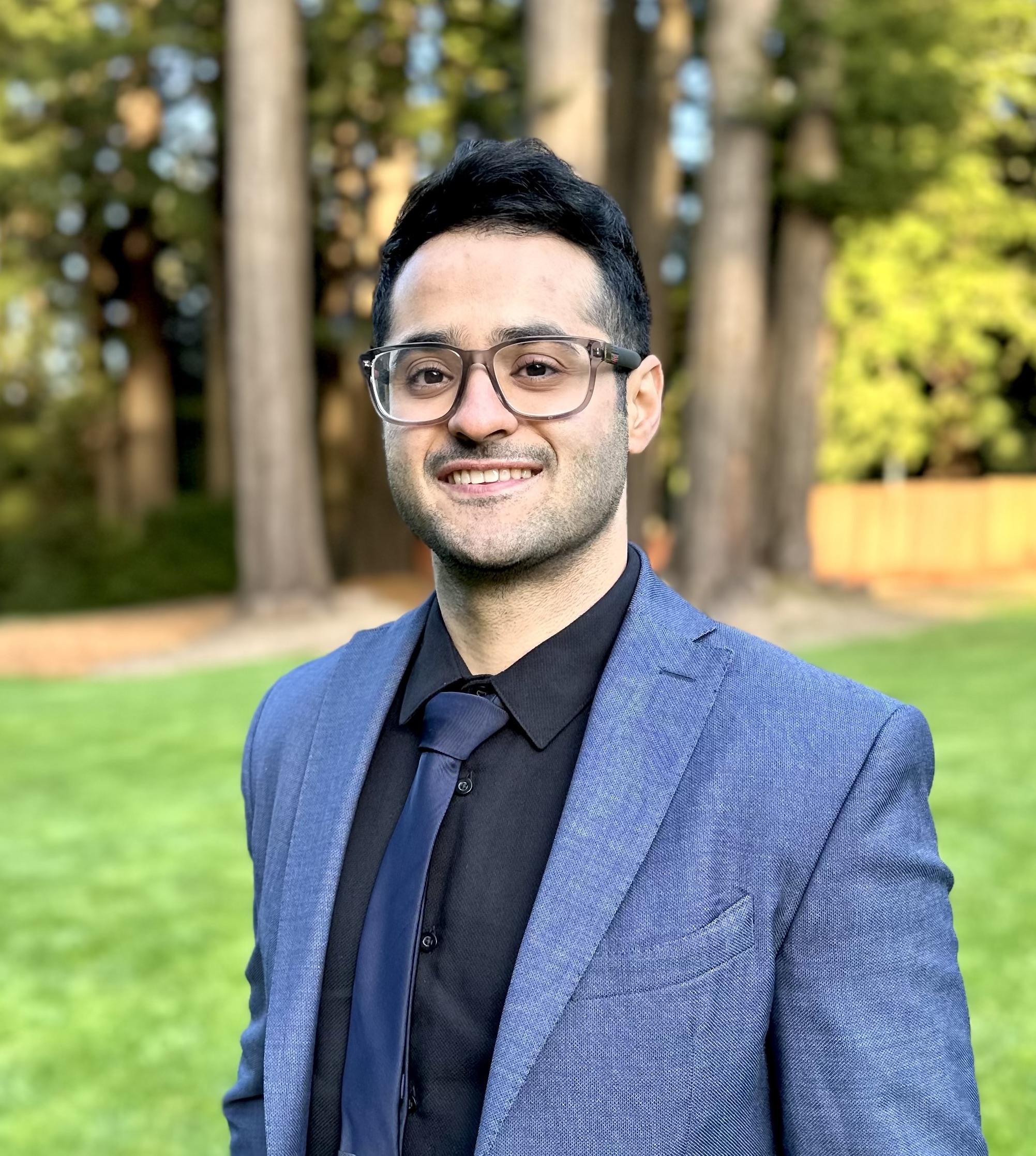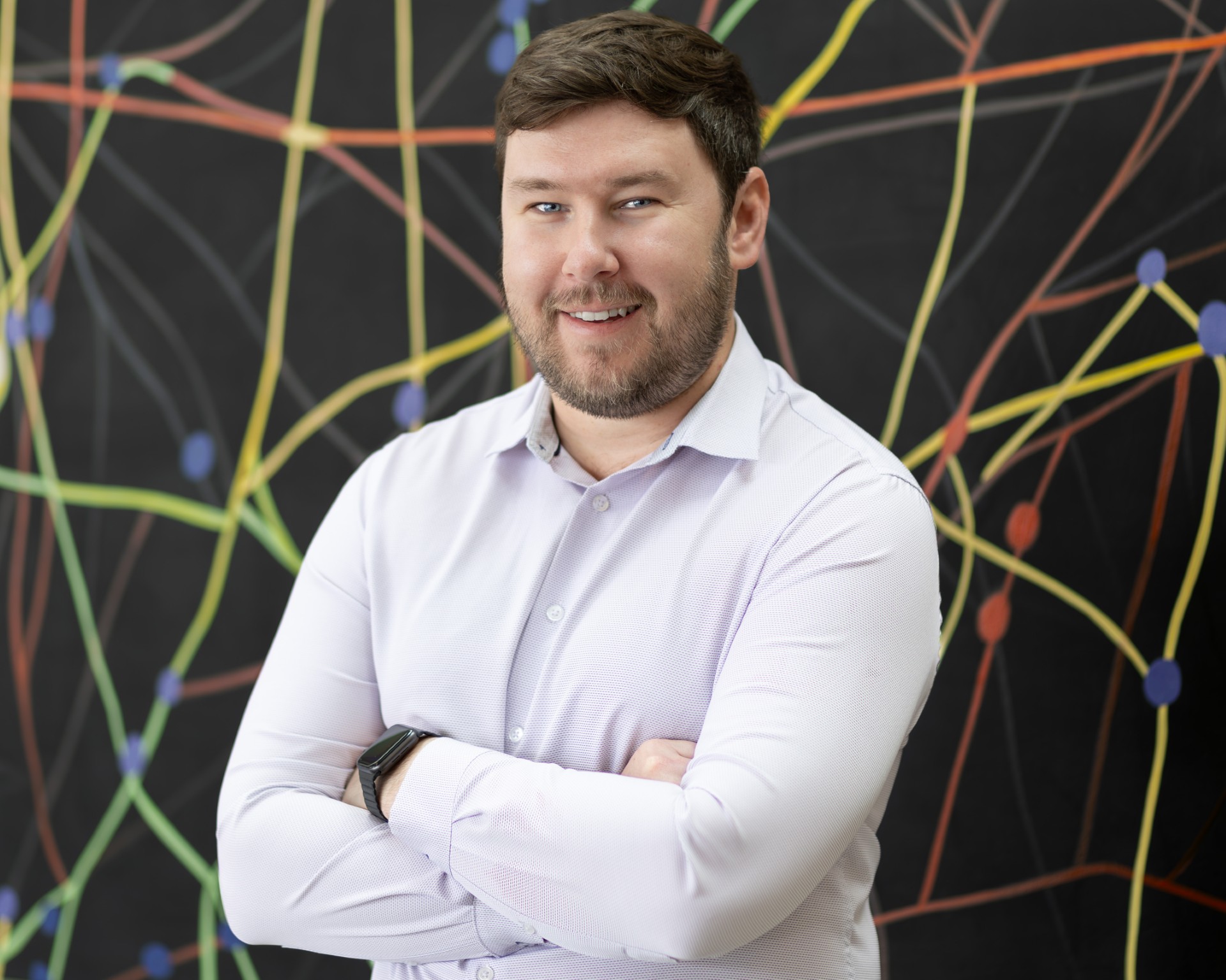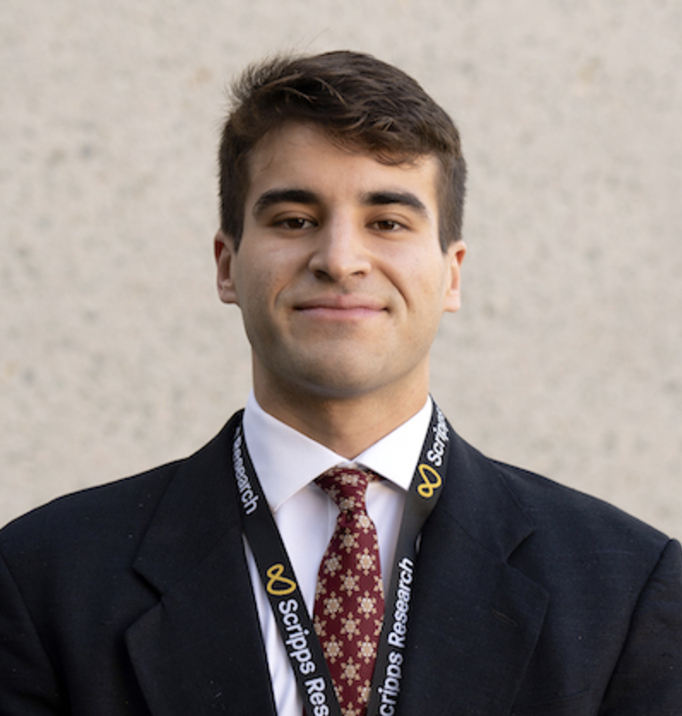-

Dr. Armin Ahmadi (UCSD)
Postdoctoral Candidate Undergraduate institution: UC San DiegoGraduate Institution: UC Davis
Bio: Armin Ahmadi, PhD, is a biomedical scientist focusing on advancing translational research in chronic kidney disease (CKD). He completed his undergraduate studies in Human Biology at UC San Diego and earned his PhD in Biomedical Science at UC Davis, where he focused on understanding the metabolic alterations associated with CKD and investigating innovative interventions to improve patient outcomes. Currently, as a postdoctoral scholar at UC Davis, Dr. Ahmadi utilizes multi-omics approaches, MR spectroscopy, and exercise physiology to study the pathophysiology of CKD and optimize therapies. His work spans clinical trials and ex vivo models, aiming to bridge scientific discoveries with practical applications to enhance the quality of life for patients.
Why research? Research allows me to ask questions that directly impact patient health and quality of life; and translate discoveries into tangible improvements in care.
What I like about my work: I like combining cutting-edge technologies with clinical studies to address complex problems and collaborating with talented teams who share a common goal of improving patient outcomes.
Interests: Chronic Kidney disease, cardiometabolic health, metabolism, physical functioning, and transplant
-

Dr. James Bartram (UCSD)
Postdoctoral Candidate
Undergraduate institution: University of North Carolina, Wilmington
Graduate Institution: University of Cincinnati and Cincinnati Children’s Hospital Medical Center
Bio: I am a Postdoctoral Fellow at the University of California San Diego. My work focuses on the relationship between protein homeostasis, metabolism, and how these mechanisms are involved in lineage fate determination of hematopoietic stem cells.
Why research? I chose research because in this field we all strive to push our understanding of fundamental biology with the goal of translating these findings into treatments for individuals
What I like about my work: I enjoy the collaborative nature, and the enthusiasm people bring to science.
Interests: Golf, college basketball, hiking, trying out new restaurants
-

Diego Daniel Gomez-Ceballos (Scripps Research)
Predoctoral Candidate
Undergraduate Institution: California State University San Marcos
Graduate Institute: The Scripps Research Institute
Bio: I am a San Diego native, currently a second-year graduate student at Scripps Research in Dr. Katja Lamia’s lab. I study how circadian rhythms influence the hypoxia response at the molecular level. Specifically, I look at how circadian phase affects the heterodimeric DNA transcription factors controlling the hypoxia response by affecting partner choice, and how these different partners recognize and response to distinct DNA motifs in various hypoxic element promotors. Understanding these interactions is important due to the prevalence of hypoxia response dysregulation in various pathologies including acute kidney injury, cancer, and myocardial infractions.
Why Research?: Research to me, has always been an expression of self. An outlet for my creative impulses and desire to contribute to something bigger than myself. I also enjoy the interdisciplinary nature of research, and how a single topic can be relevant in multiple scientific disciplines.
What I like about my work: I like how varied my work can be on a day-to-day basis. One day I can be designing primers and cloning different types of plasmids constructs, and the other day, I will be expressing these constructs in different types of cells and doing various downstream assays. Additionally, I like that science has no clear or clean cut answers, and we challenge what we know every day, paper by paper, and experiment by experiment.
Interests: Outside of lab, I like boxing, cooking, hiking, reading, and swimming.
-

Dr. Arthur Kim (Scripps Research)
Postdoctoral Candidate
Undergraduate Institution: University of California San Diego
Graduate Institute: Washington University School of Medicine
Bio: Arthur Kim is a postdoctoral fellow in the Department of Molecular and Cellular Biology at Scripps Research. His research uses chemical proteomics technologies and biochemical approaches to understand how endogenous metabolites modulate immune and hematologic diseases. Kim completed his undergraduate studies at the University of California, San Diego and then received a Ph.D. from Washington University School of Medicine.
Why Research? Understanding the fundamental mechanisms of a disease through basic scientific research can translate into clinical applications.
What I like about my work: Following the science and inspiring others to tackle challenging scientific questions.
Interests: Chemical biology, immunology, early discovery
-

Elizabeth Lee (Scripps Research)
Predoctoral Candidate
Undergraduate institution: University of Virginia
Graduate Institution: The Scripps Research Institute
Bio: I was born in Seoul, South Korea but I mostly grew up in Northern Virginia right outside of Washington DC. I graduated from UVA in 2019 with a background in biochemistry and worked and a research associate at the Wyss Institute at Harvard Medical School as well as an early-stage biotechnology start-up for a few years before applying to graduate school. Now, I am a third-year Ph.D. candidate in a glycobiology lab at Scripps.
Why research? I first became interested in research after my first year in undergrad at UVA. I was drawn to the idea of developing molecular tools to study diseases in areas of high unmet need in the clinic, including chronic kidney disease. Through my previous research experiences, I gained inspiration from projects with translational aspects and have developed a strong desire to pursue academia as an independent researcher.
What I like about my work: I enjoy that my project spans both basic biology through the exploration of glycosylation-mediated interactions on the cell surface while also pursuing translational and clinical applications within the context of kidney fibrosis. Being able to work closely with experts in different fields has allowed me to gain unique perspectives to tackle challenges in both aspects of my research.
Interests: My hobbies outside of lab include cooking, baking, and hosting dinner parties for my friends. I also enjoy reading and traveling in my free time.
-

Kaylin Ro (Scripps Research)
Predoctoral Candidate
Undergraduate institution: Cornell University
Graduate Institution: The Scripps Research Institute
Bio:I am a doctoral student in the Parker Lab at Scripps Research, specializing in crosslinking mass-spectrometry to map human protein-protein interactomes. My prior research at Cornell with Prof. Abbasov introduced me to chemoproteomics and interdisciplinary approaches in drug discovery and global proteome mapping. Now, at Scripps, I am excited to advance these proteomic methods combining chemistry with mass-spectrometry to explore fundamental biological processes linked to disease. Through the KUH fellowship, I aim to apply these workflows to uncover molecular mechanisms in acute kidney disease and consequently uncover potential therapeutic strategies.
Why research? The freedom to try new ideas and to be creative drew me to research, particularly combining multiple disciplines to approach different challenges. These are qualities that research offered me, while also simultaneously enabling me to learn more about the natural world. I also love to tackle deep challenges and limitations that require problem solving and a lot of thinking.
What I like about my work:I have a lot of freedom in exploring new ideas related to mass-spectrometry. I get to explore some of the more technical sides to MS-based proteomics and optimize new workflows to improve proteomic results. Most rewarding is getting the full panoramic perspective, from designing and synthesizing a small molecule made as a proteomic tool, observing its behavior in cells, and applying MS to uncover its resulting data.
Interests: Mass-spectrometry, proteomics, acute kidney disease, characterization of chronic diseases, chemistry, astronomy, chess.
